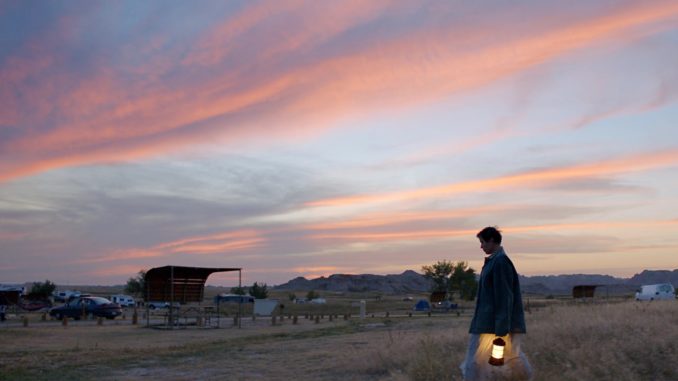
I thought I might review the Super Bowl broadcast back in February, but my interest in all that began to flag even before the usual excesses of the halftime blowout. Curiously, the one thing that really stood out for me was Bruce Springsteen’s Jeep commercial with its trek to the little chapel “at the exact center of the lower 48” and its invocation of “hope, on the road up ahead.”
The brusque earnestness and stark simplicity of that two-minute message felt like an aptly chilly antidote to the facetious triumphalism and automotive extravagances that customarily dominate the broadcast. Plus, it gave us The Boss in the cinematic equivalent of his The Ghost of Tom Joad phase, working in more austere and compelling terms than in his semi-operatic Western Stars (the film as well as the album, both released in 2019).
It’s sad but not entirely surprising, in these times of ours, that these miniature accomplishments almost immediately got swamped under political carping and tabloid hand-wringing over Springsteen’s DWI arrest. Jeep’s disavowal of the ad in response may have drawn more viewers to it somewhere online, but the noise of the political broadsides probably only made it harder to actually see what’s going on in the film itself.
The man who speaks that message—freedom, hope, community—is traveling alone through a barren winter landscape and making a brief, lonely pilgrimage to a small and otherwise empty chapel. He looks grim and concerned, and he’s riding in an open Jeep that resembles the World War II originals. The only reference to the brand name comes early on—a brief shot of the company logo embossed just above the vehicle’s running board.
Nomadland, Chloé Zhao’s woman-centered road movie, has a fair amount of lonely wandering through wide open spaces as well, but key elements of its bittersweet drama also have to do with the kind of free-floating community that its nomadic gig-workers find themselves gravitating toward. Frances McDormand delivers a delicately self-effacing performance as a widowed working woman named Fern, and she and David Strathairn merge seamlessly with a mostly non-professional cast. The story, adapted from Jessica Bruder’s nonfiction best-seller, meanders enchantingly via Zhao’s skillful blend of low-key storytelling and documentary style realism. Now streaming on Hulu.
Over the last month or so, I’ve been especially glad to make somewhat belated contact with a number of recent releases:
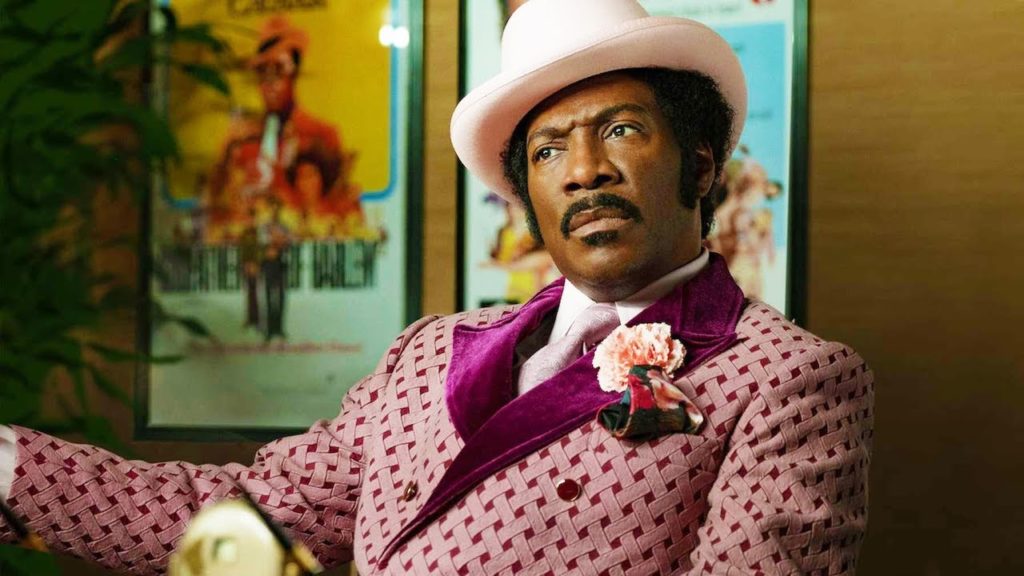
Sofia Coppola’s On the Rocks is a gutsy blend of romantic comedy and father-daughter tale, with a bravura performance by Bill Murray and a deft one by Rashida Jones. Now streaming on Apple TV.
Lance Daly’s Black ’47 is an “Irish western,” a darkly atmospheric action drama set in the period of the Great Famine. It’s a powerful tale of conflicted allegiances—to family, country and kingdom, with a strong cast that includes Hugo Weaving, James Frecheville, Stephen Rea and Jim Broadbent. Now streaming on Netflix.
Eddie Murphy’s Dolemite Is My Name is some kind of masterpiece—a comic drama focused on pop cultural Black history, a film about making a Blaxploitation movie (Dolemite, 1975), a rousing entertainment with a bristling performance by Murphy and charmingly off-type characterizations from Wesley Snipes, Keegan-Michael Key, Craig Robinson, Da’Vine Joy Randolph, Chris Rock and more. Now streaming on Netflix.
David Lynch’s What Did Jack Do? is 17 minutes of deadpan surrealism, in which Lynch himself “interviews” a talking (animatropic?) monkey named Jack. Or is it an interrogation in a crime story whose main action occurs superfast and just outside the single-room setting? Whatever it is, it’s got a touch of that divine madness we associate with Lynch’s best movie work. Released in France in 2017, it’s now on Netflix.
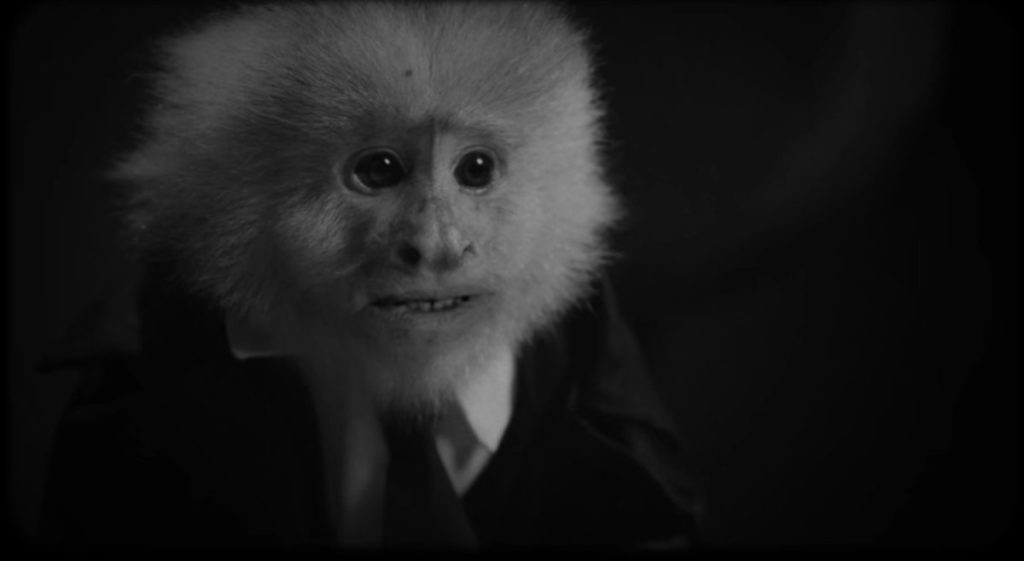

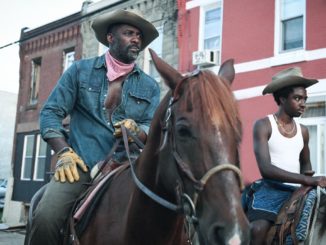
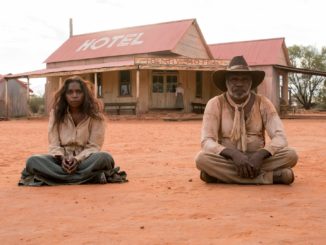
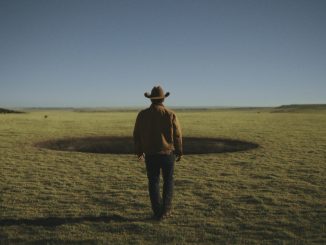
Be the first to comment